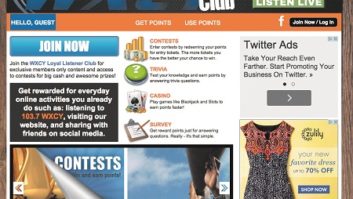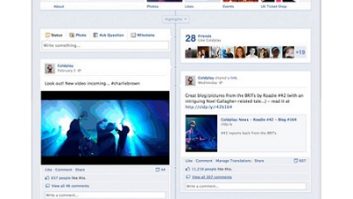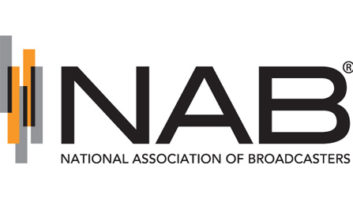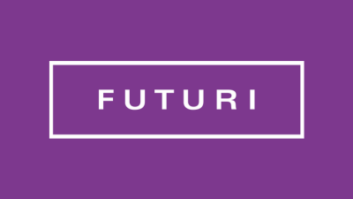The Internet is supposed to be free, right? Wrong. This naïve thinking has been around since dial-up modems.
The latest incarnation to surface involves Facebook actually having the nerve to charge companies for advertising! Imagine that … one of the world’s largest digital assets wants to be compensated by companies that have been using it for free to sell products and services.
In case you haven’t heard, Facebook hero-to-zero is coming fast.
If your station and its personalities have been posting regularly on Facebook, you have certainly noticed that your organic reach has been consistently dropping since 2012.

Courtesy Social@Ogilvy
If you’re not already doing so, please look at your totally free Facebook Insights. Your Facebook audience has been getting smaller, but it may still be worth the effort because, depending on your fan base, you could still reach hundreds or even thousands of people with every single post.
Those days are nearly done. Don’t know what I mean? Let’s, as our prez says, “be clear.”
Facebook defines organic reach as “the total number of unique people who were shown your post through unpaid distribution.” In other words, you post a message and tons of people see it in their newsfeeds. This has enabled our industry to drive listening and attendance at our events and to showcase our content.
PAY-FOR-PLAY
But here are the sad facts of life that companies are beginning to learn from Facebook: Reach via Facebook will soon be zero unless you start paying for it.
That’s right, social media fans — I said zip, nada, nothing. This could happen as soon as the end of 2014.
Feel free to whine about the fact that Facebook sold you a bill of goods when they pushed you toward building your fan base.
But you may have to admit that it’s a bit unusual in the media world to offer free access to consumers. Even nonprofit, public radio and television expect companies to cough up the cash to underwrite shows.
So why do we feel bad about Facebook asking us to pay to reach their audience? Perhaps it’s that we are media people ourselves and didn’t see it coming.
It is also only natural for us to feel like our audience on Facebook is “ours.” We begged, cajoled, rewarded and sometimes even spent money with Facebook in the mad rush to obtain “likes” from our listeners. How many thousands of times have you encouraged listeners on the air to join your Facebook page? In fact, we justified the juice we offered on-air by bragging about how many “likes” we obtained from our broadcast audience.
We feel as if we own those people, but of course, we don’t. The terms of service make that clear to anyone who can stay awake long enough to read it.
MAKE IT COUNT
What’s a broadcast outlet to do? If we truly believe Facebook is an effective tool to generate tune-in and activate promotions, events and contests, we have to put a line item in our 2015 budgets to purchase paid, guaranteed reach. Then we have to spend some serious time on the creative we put in the posts to be sure it’s effective every time.
In the meantime, check Facebook Insights weekly to better understand your organic reach. You may be cool with continuing life as usual for a while. However, as you watch your organic reach tumble, you will no doubt reach a point when you realize that it’s a waste of time to post anything you aren’t willing to advertise on Facebook.
Is it time to invest more time in Twitter, Instagram, Pinterest, Google Plus, YouTube and others? Sure, if you have the proper resources (people, content, money), you may reprioritize your efforts. It is possible though that using paid reach on Facebook will ultimately be cheaper. You’ve gotta do the math and not let your feelings about having to pay Facebook get in the way.
Also, before chasing a new tactic for “free” media reach, just remember that every one of these social media companies must generate profit to stay in business. What’s free today will, at some time, require you to open your wallet in the future.
In social media, the all-you-can-eat free buffet line is slowly — but most assuredly — ready to put you on a pay-for-play diet.
The author is president of Lapidus Media and a longtime contributor. Email[email protected].












